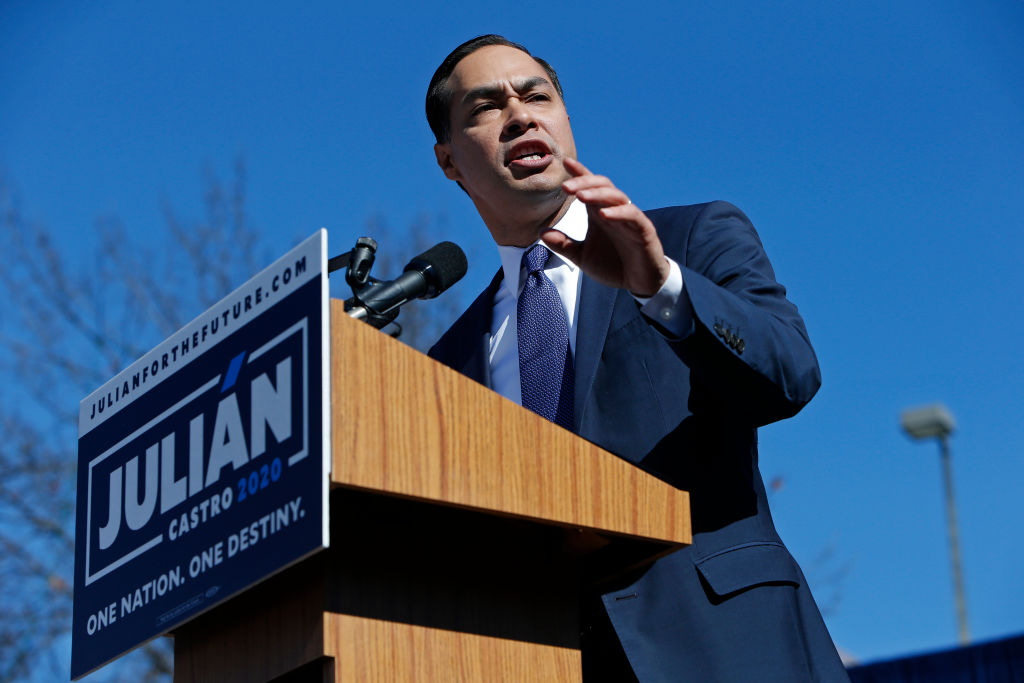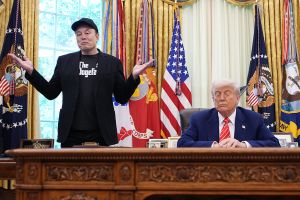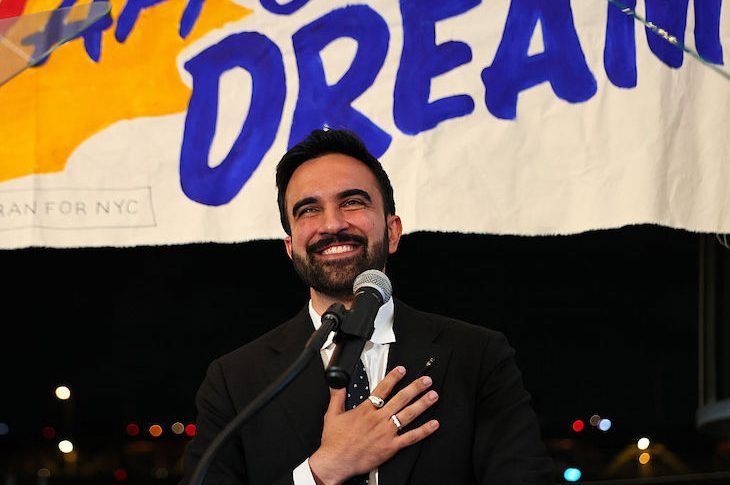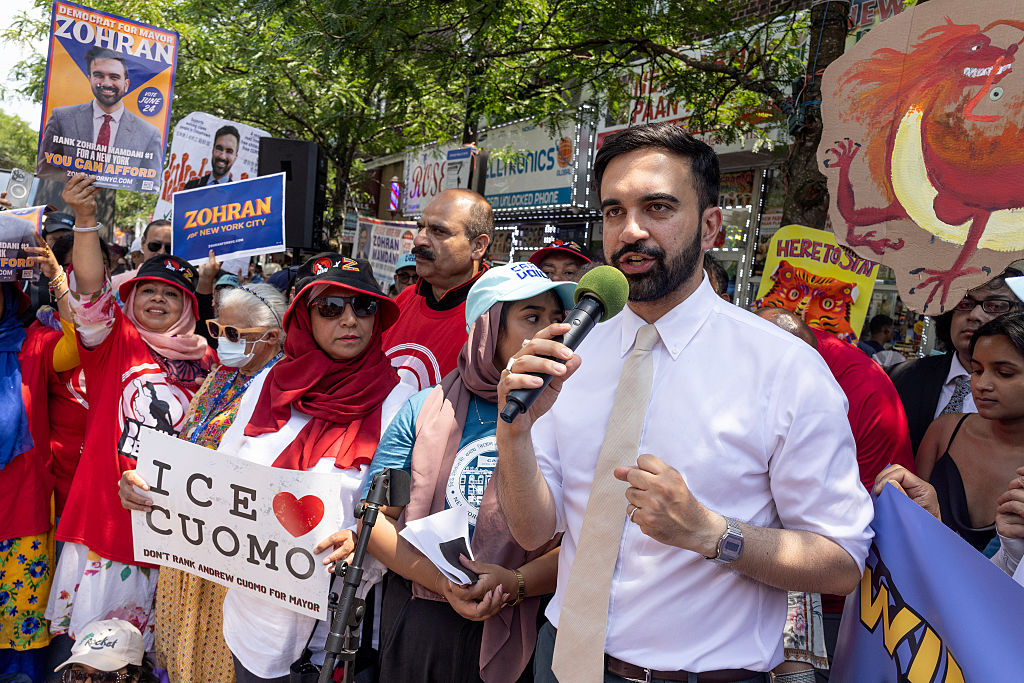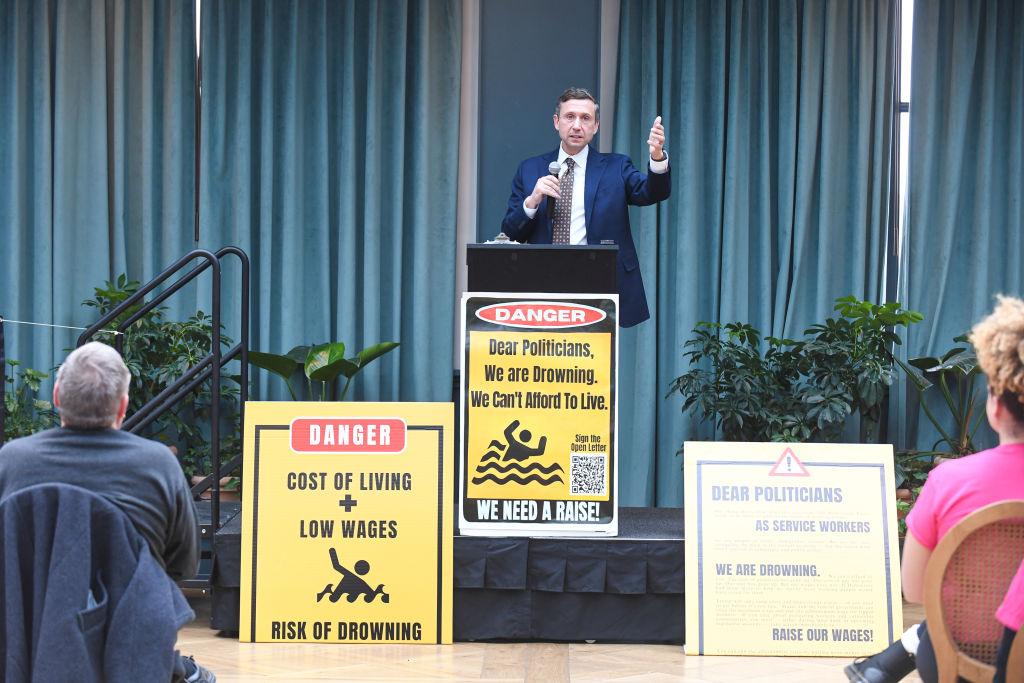Six years ago, Julián Castro was a rising star in the national Democratic party. But by the end of 2018, his star had fallen. Last week Castro formally began his climb back toward national prominence, via his 2020 presidential campaign.
In 2012, Castro:
1. Gave the keynote address at the Democratic National Convention in Charlotte
2. Was in his second-term as San Antonio’s mayor having won re-election in 2011 with 81 percent of the vote, more than 74 percentage points ahead of his closest rival
3. Secured the passage by voters of a sales tax increase to fund high quality Pre-K for a group of lower-income children
4. Received an offer to become President Obama’s Secretary of Transportation (which he declined).
Castro made a strategic decision to become President Obama’s Secretary of Housing and Urban Development (HUD) in 2014. Castro had the option of running (and easily winning) one more mayoral term which would have ended in June of 2017, just in time to begin a statewide run for US Senator or Governor in 2018. However, at the time, Castro believed conditions were not ripe for Democratic success in 2018, a decision initially vindicated when Democrat Wendy Davis lost to Greg Abbott in the gubernatorial election by more than 20 points in 2014, in spite of being a high quality candidate and spending close to $50 million. Castro instead directed his focus to the national stage, with the belief that his post at HUD would serve as a stepping-stone for a higher profile position in the Clinton administration. He even made Clinton’s short list of potential vice-presidential nominees.
But, Donald Trump threw a monkey wrench into Castro’s career plans. Trump’s victory closed off the option of a cabinet post in a Clinton administration. And, as president, Trump helped create the politically toxic environment within which Beto O’Rourke’s initially quixotic campaign against Texas senator Ted Cruz was able to survive and thrive, transforming Beto from a back-bencher congressman who was little known outside of his native El Paso to a national phenomenon and Texas Democrats’ new favorite son, a status previously held by Castro. Castro could have run for US Senate or Governor in 2018, but in the end, only Beto possessed the audacity to attempt what all other top-tier Democrats considered to be impossible: defeat a Republican in a statewide race, something no Texas Democrat has accomplished since several Democrats were victorious in 1994, victories Castro would have been unable to legally toast with a San Antonio-brewed Pearl beer since he was not yet 21.
Castro has begun the ascent back to the national relevance and acclaim he enjoyed a half dozen years ago, when he was considered to be ‘the’ rising star in the Texas Democratic Party and one of the preeminent Latino rising stars in the country. His campaign begins as a long shot, but Castro does have several things going for him.
First, this time around it is Castro who is the audacious candidate, with his early launch providing him with a head-start on most of his rivals in assembling a campaign team and courting donors and endorsers.
Second, with no other credible Latino in the race, Castro has the ‘Latino lane’ virtually to himself, which will be very important in the third-in-the-nation contest in Nevada where between one-fifth and one-quarter of voters will be Latino, and especially in the two Super Tuesday (March 3) behemoths, California and Texas, where one out of every three Democratic primary voters will be a Latino.
Third, unlike more than a half dozen potential candidates, Castro does not have a day-job in the US Senate, and can devote virtually all of his time to campaigning over the next year.
Fourth, at a time when many millennial are critical of a Democratic party led by politicians from the Silent and Boomer Generations, Castro is a youthful Gen-Xer.
While Castro’s odds of capturing the Democratic nomination are long, he can still ‘win’ while losing if he can reestablish his status as one of the Democratic party’s leading Latino figures. Such an achievement would make him an extremely valuable ally of the Democratic candidates still standing at the end of March 2020 as well as of the eventual Democratic nominee in November 2020. That value could in turn result in Castro receiving a plum cabinet post in a Democratic administration, which would signal that Castro was once again living in the limelight.
Mark P. Jones is a Political Science Fellow at Rice University’s James A. Baker III Institute for Public Policy.



